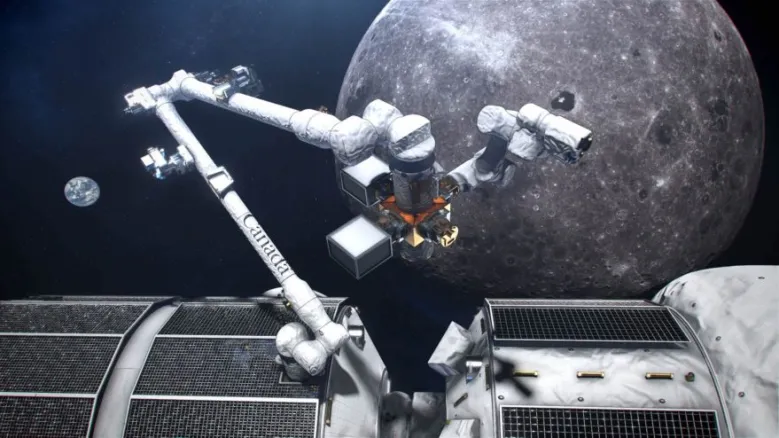Artificial Intelligence (AI) is playing an increasingly important role in space exploration, satellite management, and planetary research. However, as AI technology expands its reach into space missions, it also introduces a unique set of risks that organizations must carefully manage.
What are AI Risks in Space?
AI risks in space refer to the potential failures, ethical concerns, security vulnerabilities, and unintended consequences that can arise when intelligent systems are used in space exploration, communication, and defense operations.
How AI is Used in Space
AI supports autonomous navigation, equipment monitoring, space debris tracking, data analysis from satellites, and decision-making during long missions. These systems are especially useful when human intervention is delayed due to the vast distances involved.
Key Risks of AI in Space
Autonomy Errors:
AI-controlled spacecraft and rovers often make decisions without real-time human input. Faulty algorithms or incorrect data processing can lead to mission failures.
Data Reliability:
AI systems depend on continuous, accurate data. In space, sensor failures or communication delays can cause AI to act on incomplete or incorrect information.
Cybersecurity Threats:
Space assets using AI are vulnerable to cyberattacks. Hackers targeting satellites or autonomous spacecraft can manipulate AI systems, potentially disrupting critical services or causing damage.
Lack of Human Oversight:
AI-driven systems may operate far beyond human reach. Without regular monitoring, small errors can go unnoticed and escalate into larger issues.
Ethical and Decision-Making Challenges:
Autonomous AI systems may face life-critical decisions during space missions. Ensuring these systems make ethical choices under unpredictable conditions is a complex challenge.
Benefits Despite the Risks
Despite these concerns, AI greatly enhances space exploration capabilities by improving efficiency, reducing human workload, and enabling faster responses to unexpected situations.
Managing the Risks
To address AI risks in space, it is essential to develop fail-safe systems, ensure data accuracy, incorporate regular human review, and design strong cybersecurity measures. Collaboration among international space agencies can also help establish ethical guidelines and safety standards.
Conclusion
AI’s role in space exploration offers incredible opportunities but comes with serious risks that must be thoughtfully managed. Balancing autonomy with human control and focusing on secure, ethical AI design can help space missions succeed while minimizing potential dangers.







Leave feedback about this